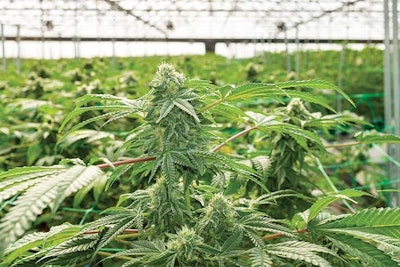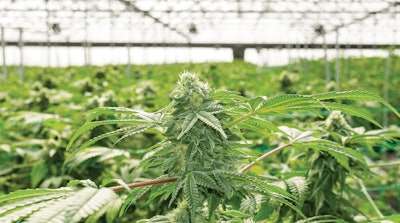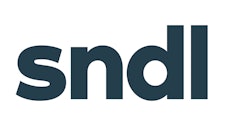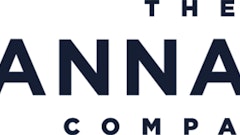

When Glass House Group announced its pending acquisition of Los Angeles-based cannabis concentrates manufacturer F/ELD in August 2019, the full supply chain picture suddenly seemed much clearer to the growing Santa Barbara, Calif., business making the acquisition. Glass House CEO Kyle Kazan said that the F/ELD brand not only complements Glass House’s recent 355,000-square-foot cultivation expansion, but it gives everyone involved in the deal a better understanding of how California’s cannabis market is changing.
The key takeaway: As demand for the legal, licensed cannabis marketplace continues to grow, a vertically integrated cannabis supply chain is critical to delivering products to the market in a timely and efficient manner.
“We knew we were executing, and we knew where we were going [as a company in 2018], and so we felt we really had flower locked down,” Kazan says. “We, as a team, last year noticed—because we have a lot of friends in the industry—that if you’re in any one part of the vertical, but you’re not all the way through in California—back then and even today—you’re screwed. It’s almost impossible for you to be profitable.”
The goal became identifying brands that resonated with customers across the different product categories and all the different ways that people consume cannabis.
F/ELD stood out to Glass House for both its management team’s experience and, frankly, Kazan’s personal enjoyment of the company’s products. This too can be a helpful road map in mergers and acquisitions: What do you like about a target company?
“We love the brand,” Kazan says. “F/ELD was looking for a solution to their issue, which was they needed to bolt in with somebody with a supply chain.”
Kazan says that F/ELD CEO Joe Andreae has the ability to speak to both longtime cannabis consumers and industry investors. “As we're growing, with more things coming online, we have more shovels needed,” he says. “Joe fit right in, where he’s got a vital role in our company. Where he goes, we go. And that is wholesale sales and retail sales. He's the tip of the spear when it comes to that.”
The reason that an agile management team is important in the cannabis industry is based on the demand curve that Kazan cited in this all-stock acquisition. As customers turn away from the illicit market and begin courting licensed cannabis businesses, the full suite of product categories is a foundation of what a company will need to provide. With F/ELD, as an example, Kazan said he feels Glass House can now nimbly address customers’ interest in infused products.
“The legal market is as good as it’s ever been and is growing, and the illicit market is slowly being attacked,” he says, the recent spate of vaping-related illnesses being one example of consumer demand shifting to the regulated marketplace. In January, the state announced plans to consolidate its licensing agencies and ramp up the process of building out the supply side of the industry. “[The state is] bringing on more retail, and more consumers are going to the legal market, but they’re not building enough supply chain yet. So, what’s happening is that demand is continuing to go up.”
























